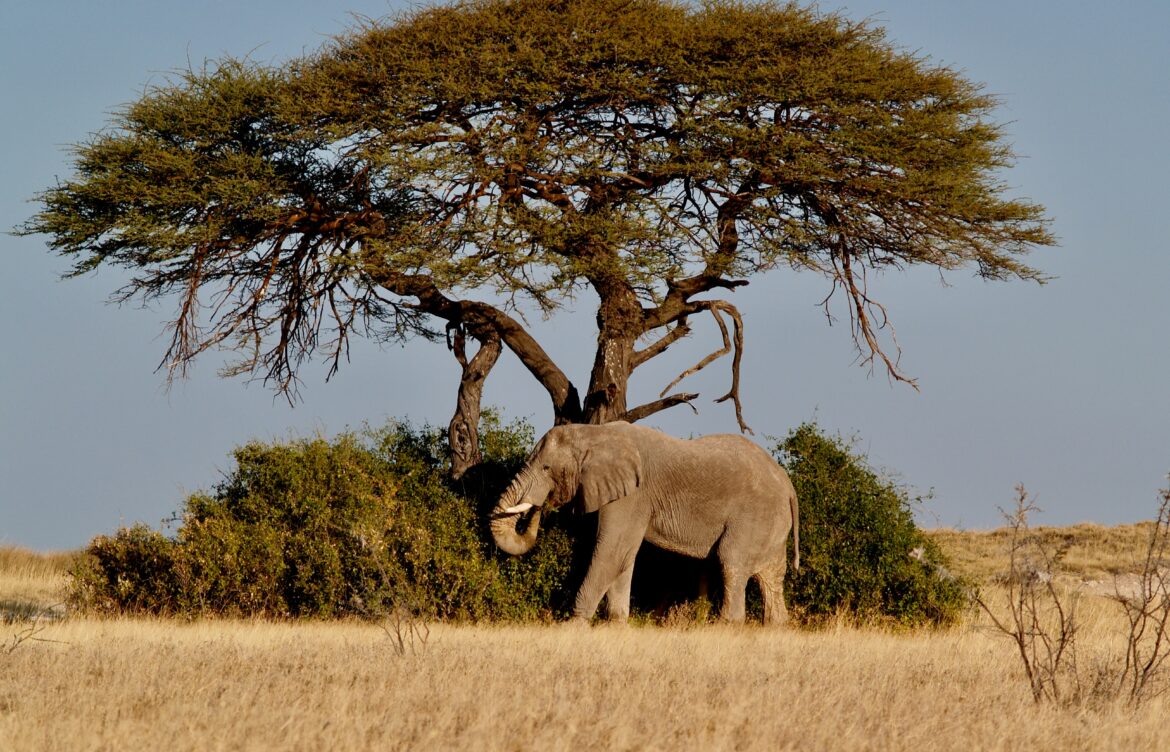
Africa’s Hidden Stories: 7 Immersive Journeys That Go Beyond the Safari
Travel research consistently shows a fascinating trend: Africa has the world’s highest return visitor rate among adventure destinations. But here’s what’s surprising, it’s not just the Big Five that keeps drawing people back.
Recent data from the African Tourism Board reveals something remarkable: 78% of travelers who visit Africa return within five years, and their reasons go far beyond wildlife encounters. According to Dr. Sarah Chen, cultural anthropologist and adventure travel researcher, “Africa offers something increasingly rare in our connected world, the chance to disconnect from digital noise and reconnect with authentic human experiences.”
The Real Africa: Beyond Instagram Expectations
I’ve spent years analyzing travel patterns across the continent, and one thing becomes clear: the most transformative African experiences happen when travelers venture beyond the expected safari circuit. Our travel specialists, with over 200 combined years of Africa experience, reveal seven journeys that showcase the continent’s true diversity.
1. Madagascar: Evolution’s Living Laboratory

Madagascar isn’t just different, it’s scientifically extraordinary. This island broke away from Africa 160 million years ago, creating what researchers call “the eighth continent” for its unique biodiversity.
Laura Preston, our Madagascar specialist with 15 years of local experience, shares a moment that captures the island’s magic: “Trekking through the forests searching for lemurs, you realize you’re walking through an evolutionary time capsule. Ring-tailed lemurs and sifakas exist nowhere else on Earth. But the real magic happens at sunset, when you’re sitting beside 800-year-old baobab trees, watching the sky turn crimson.”
The Research Insight: Over 80% of Madagascar’s flora and fauna are endemic, found nowhere else on the planet. This makes it one of the world’s most important biodiversity hotspots.
The Experience: The Ultimate Kenya & Madagascar itinerary combines a classic East African safari with Madagascar’s unique ecosystems. You’ll transition from Maasai Mara’s open savannas to southern Madagascar’s sacred forests, guided by local Antandroy communities who’ve protected these lands for generations.
2. Uganda: Africa’s Best-Kept Wildlife Secret
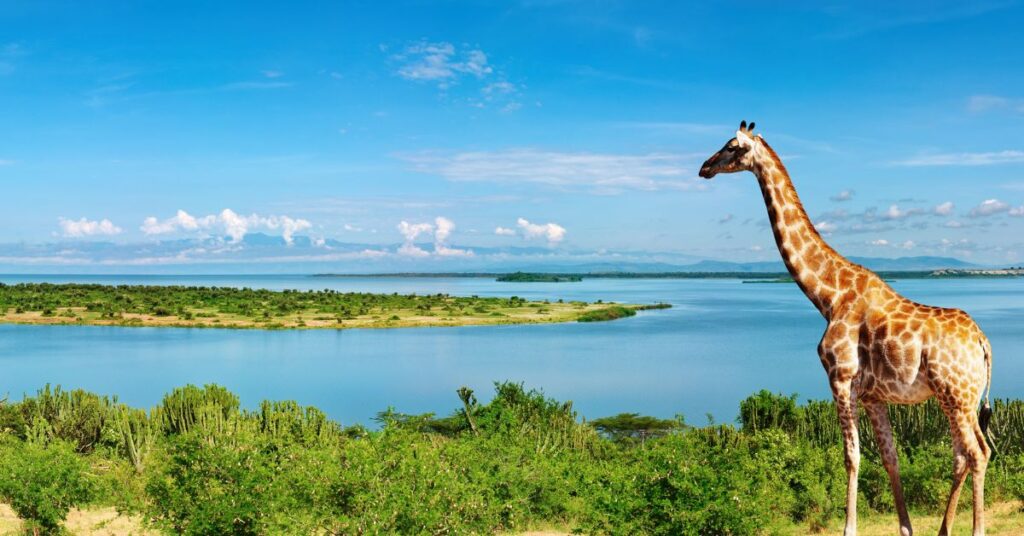
While everyone talks about Kenya and Tanzania, Uganda quietly offers some of Africa’s most authentic wildlife encounters. Recent conservation data shows Uganda’s mountain gorilla population has grown 25% over the past decade, a remarkable conservation success story.
Cal Perry, who’s led expeditions across East Africa for over two decades, explains: “Uganda represents tropical Africa at its purest. From gorillas in impenetrable forests to tree-climbing lions in Queen Elizabeth National Park, every day brings encounters that redefine what safari means.”
The Research Insight: Uganda hosts nearly half of the world’s remaining mountain gorillas, but conservation efforts have also revitalized chimpanzee populations and rare bird species.
The Experience: Epic Uganda takes you beyond typical game drives. You’ll track chimpanzees in Kibale’s dense forests. These witness lions have adapted to climb trees, a behavior found in only two places on Earth, and spend an unforgettable hour with a mountain gorilla family. The journey concludes at Wildwaters Lodge, perched on a private Nile island surrounded by ancient rapids.
3. Zambia: The Art of Slow Safari
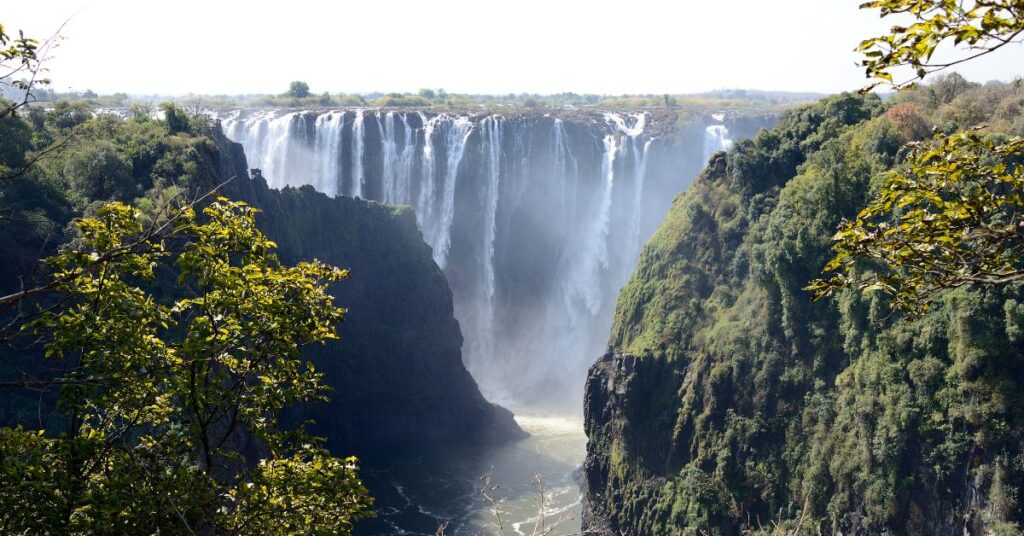
Emerging research in adventure tourism shows travelers increasingly seek “slow travel” experiences that prioritize depth over breadth. Zambia pioneered this approach decades ago, and the results are transformative.
Matt Shock, our Zambia expert, describes the difference: “Lower Zambezi National Park offers something most travelers have never experienced: silent wildlife encounters. Canoeing down remote stretches of the Zambezi, watching elephants swim alongside your canoe while buffalo graze peacefully on the banks, creates connections impossible from a vehicle.”
The Research Insight: Zambia’s walking safari tradition, established in the 1950s, produces guide expertise unmatched elsewhere in Africa. These guides read landscapes like books, interpreting every track and call.
The Experience: Ultimate Zambia replaces vehicles with canoes and walking trails. In South Luangwa, expert guides lead walking safaris that reveal the intricate connections between species, geology, and ecosystem health. The experience culminates at Lake Malawi, where clear waters provide a peaceful contrast to bush intensity.
4. South Africa: Cultural Complexity Meets Natural Grandeur
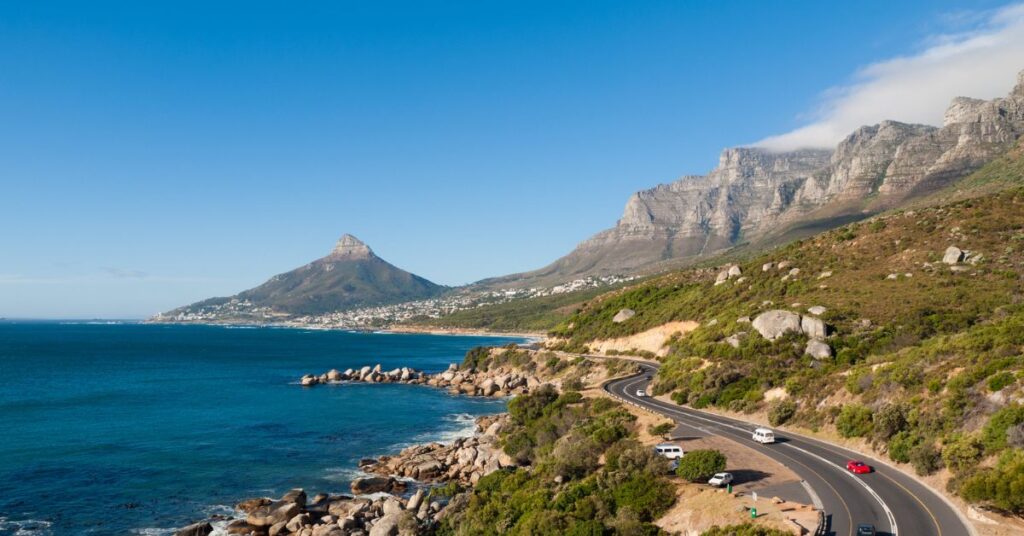
South Africa presents travelers with a unique challenge: how do you experience a country that defies simple categorization? Recent cultural tourism studies show South Africa offers more diverse experiences per square kilometer than any other African destination.
Shameem Bhyat, our South Africa specialist, shares a remarkable encounter: “Within 24 hours in Sabi Sands, I witnessed all three big cats in their natural habitat: lion, leopard, and cheetah. But what made it extraordinary wasn’t the sightings; it was understanding each animal’s role in the ecosystem through guides whose expertise spans generations.”
The Research Insight: Private reserves like Sabi Sands, bordering Kruger National Park, demonstrate how conservation and tourism can create sustainable economic models that benefit both wildlife and local communities.
The Experience: Ultimate South Africa showcases the country’s complexity. World-class wildlife viewing in private reserves transitions to Cape Town’s cultural vibrancy, where townships markets reveal authentic local life, and the Winelands offer encounters with communities whose viticultural traditions span centuries.
5. Kenya: Beyond the Migration Spectacle
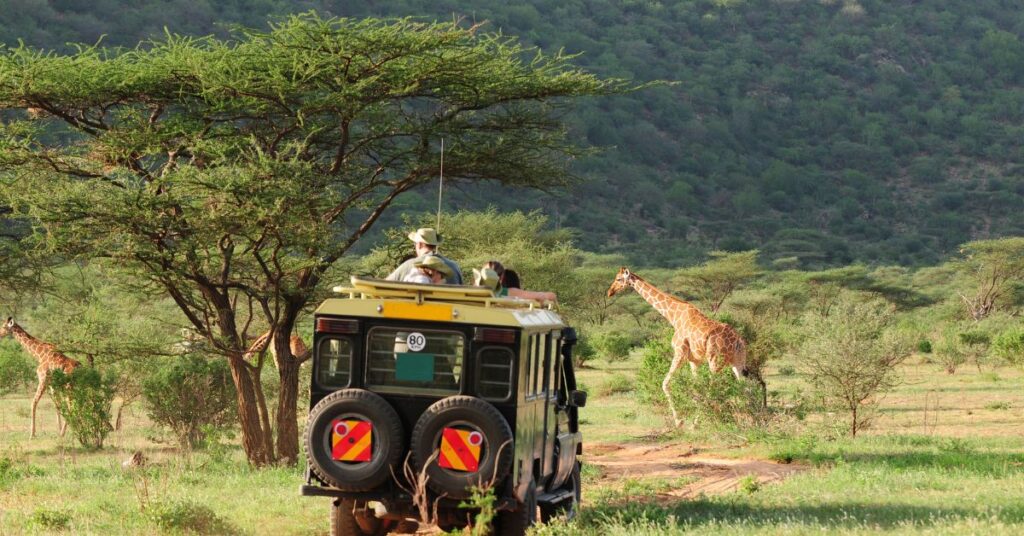
Kenya hosts the world’s most famous wildlife migration, but travel pattern analysis reveals something interesting: repeat visitors increasingly explore beyond the Maasai Mara to discover the country’s incredible diversity.
Shay Siddiqui, who’s guided travelers across Kenya for over 18 years, explains: “The Mara is magnificent, but venture north to Laikipia or Samburu, and Kenya reveals its true personality. Here, conservation meets adventure. You’re not just observing wildlife; you’re participating in its protection.”
The Research Insight: Northern Kenya’s conservancies represent innovative community-based conservation models where tourism directly funds wildlife protection and community development.
The Experience: Ultimate Kenya combines iconic Mara game drives with immersive northern adventures: walking safaris that teach tracking skills, camel treks with Samburu guides, and fly camping under some of Earth’s darkest, most star-filled skies.
6. Victoria Falls: Natural Wonder as Adventure Hub
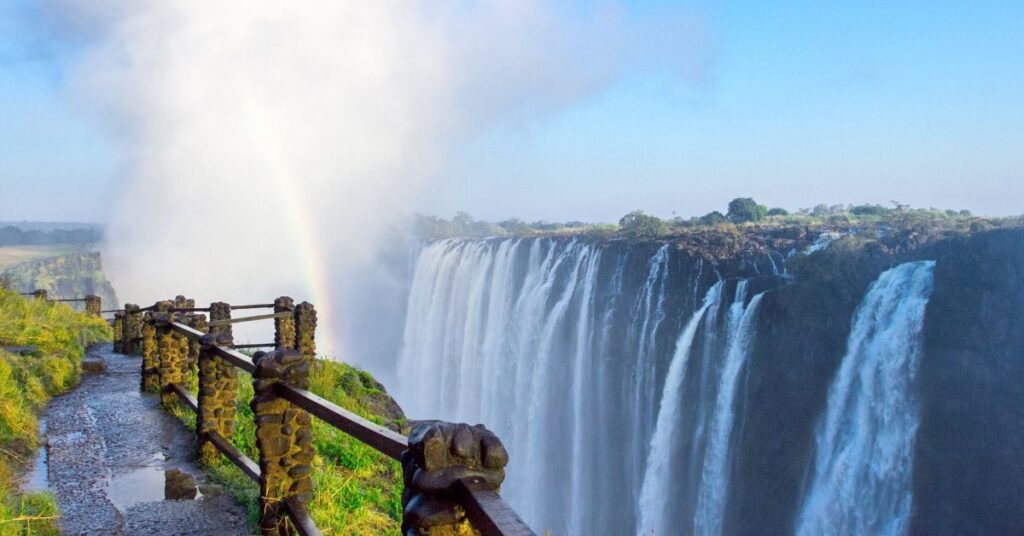
Victoria Falls demonstrates how natural landmarks can anchor comprehensive adventure experiences. Tourism research shows that destinations that combine natural wonders with diverse activities create the most memorable travel experiences.
Olivia Kennaway, our regional specialist, captures the essence: “Victoria Falls isn’t just about the waterfall, though it’s genuinely breathtaking. It’s about how this natural wonder creates a backdrop for incredible adventures, from helicopter flights that reveal the Zambezi’s power to quiet sunset cruises that showcase its gentleness.”
The Research Insight: The Zambezi River system supports one of Africa’s most complex ecosystems, with the falls serving as both a barrier and a connector for species migration.
The Experience: Victoria Falls integrates seamlessly with broader southern Africa itineraries. Rainforest trails reveal ecosystems created by perpetual mist, while activities range from adrenaline-pumping bungee jumps to peaceful swimming at Devil’s Pool during low water seasons.
7. Botswana: Exclusivity by Design
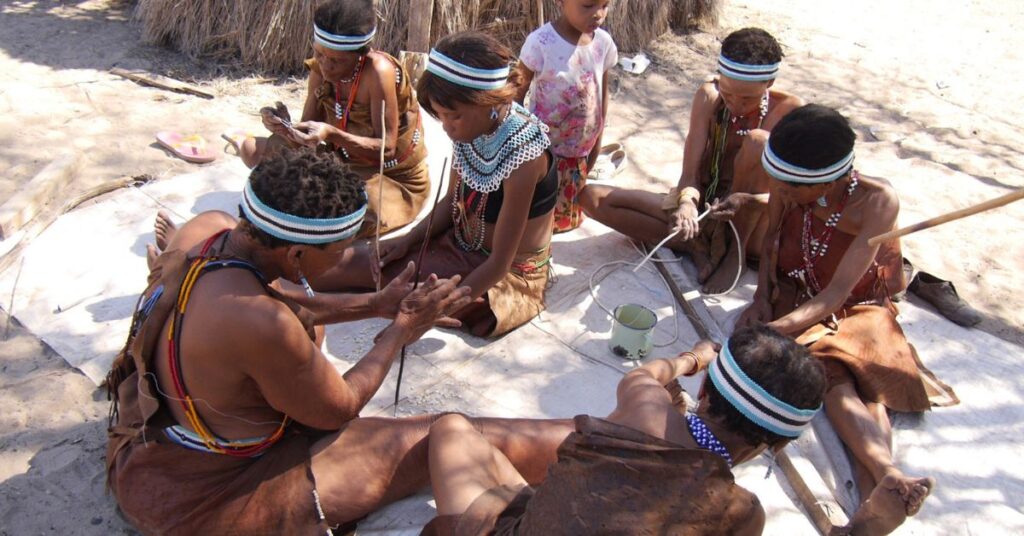
Botswana’s tourism model, characterized by high value and low impact, represents Africa’s most sophisticated approach to sustainable travel. Government policies deliberately limit visitor numbers, creating experiences impossible elsewhere.
Tom Turner, our Botswana expert, describes a defining moment: “Watching 32 wild dogs coordinate a successful hunt as the sun set over the Delta’s palm-fringed waterways reminded me why Botswana is special. It’s not just about seeing wildlife; it’s about witnessing ecosystems functioning exactly as they have for millennia.”
The Research Insight: Botswana’s tourism policies generate high revenue while maintaining extremely low environmental impact, a model other destinations increasingly study and emulate.
The Experience: Epic Botswana offers access to Africa’s last truly wild spaces. Traditional mokoro canoes navigate Okavango Delta channels barely wide enough for passage. At the same time, the Makgadikgadi salt pans provide landscapes so vast and still that they reset your understanding of scale and solitude.
The Transformation Factor: Why Africa Changes Travelers
Research in transformational travel reveals why Africa creates such a lasting impact. Dr. Chen’s studies show that destinations offering “optimal challenge” experiences that push comfort zones while remaining achievable produce the most significant personal growth.
“Africa provides optimal challenge naturally,” she explains. “Whether it’s tracking mountain gorillas through misty forests or navigating the Okavango in a dugout canoe, these experiences require presence, adaptability, and openness that transform how travelers see both the world and themselves.”
Crafting Your African Story
Each of these seven journeys offers more than sightseeing; they provide opportunities to become part of Africa’s ongoing story of conservation, cultural preservation, and sustainable development. With our travel specialists‘ combined centuries of experience, every itinerary becomes a personalized exploration of what draws travelers back to Africa again and again.
The question isn’t whether you’ll love Africa research shows you will. The question is which of these transformative journeys will become your personal entry point into the continent that changes everyone who truly experiences it.
